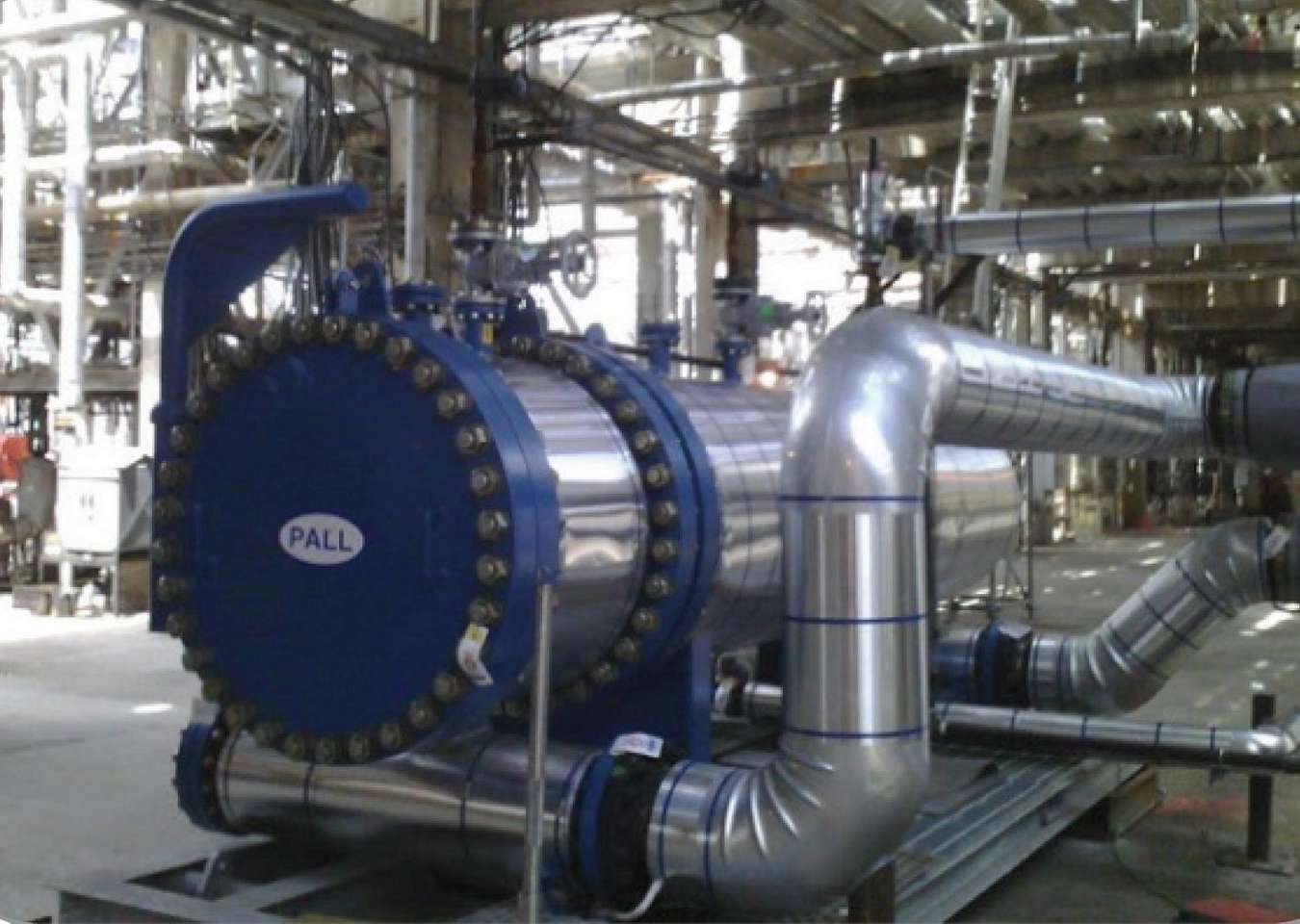The hydrocracker plant is a critical component of modern oil refineries, responsible for converting low-value heavy crude oils into higher-value light products such as naphtha and diesel fuel. A key factor in the efficiency of the hydrocracker process is to maintain a consistent pressure drop across the reactor bed, necessary to ensure proper fluid flow through the reactor. If the pressure drop is too low, undesirable reactions will occur, leading to decreased product quality.
If the pressure drop is too high, there is a risk of reactor bed plugging and a reduction in the overall efficiency of the process. Maintaining the correct pressure drop in a hydrocracker plant requires careful control of the process parameters. These include the flow rate and temperature of the feedstock and the pressure of the reactor. Common causes of higher pressure drop include a decrease in the size of the catalyst particles (ie, as the particles become smaller, the void fraction (space between the particles) decreases, which increases the resistance to flow and resulting pressure drop), fouling of the catalyst particles by contamination, decreasing bed porosity, and poor contact between the catalyst particles. It is also important to monitor the pressure drop regularly throughout the process to ensure optimal performance and product quality.
-
Challenge
-
Solution
-
Results
A Canadian refinery noted a rapid rise of pressure drop in the hydrocracker reactor bed due to particulate contamination. To correct this problem the refinery operation group believed they would need to bring the unit down 24 months earlier than planned to perform a catalyst changeout that would take between 7-10 days to perform, as well as to find and source a solution to prevent further reoccurrence of the problem.
An unplanned shutdown would result in a loss of
production of about $1,000,000/day
(not including the preparation for unplanned
maintenance and the replacement of catalysts).
After consultation with the Pall Rentals and Service team, the Refinery Operations and Maintenance Planning group agreed to proceed with the installation of a 19-element, high-flow filter vessel, supplied by Pall’s rental division, utilizing 20µm absolute rated Ultipleat® High Flow, 60” length filter elements, capable of handling the complete flow to the unit.
Delivery and installation was completed quickly and immediately upon filter start-up, and the reactor bed differential pressure stabilized, allowing the hydrocracker to achieve the targeted run length and eliminating the cost of an unscheduled shutdown for catalyst replacement. The refinery purchased the equipment only six weeks after start-up when acknowledging that Pall 20µm absolute filters were performing better than the legacy 25µm nominal pleated paper filters from an alternative supplier.




